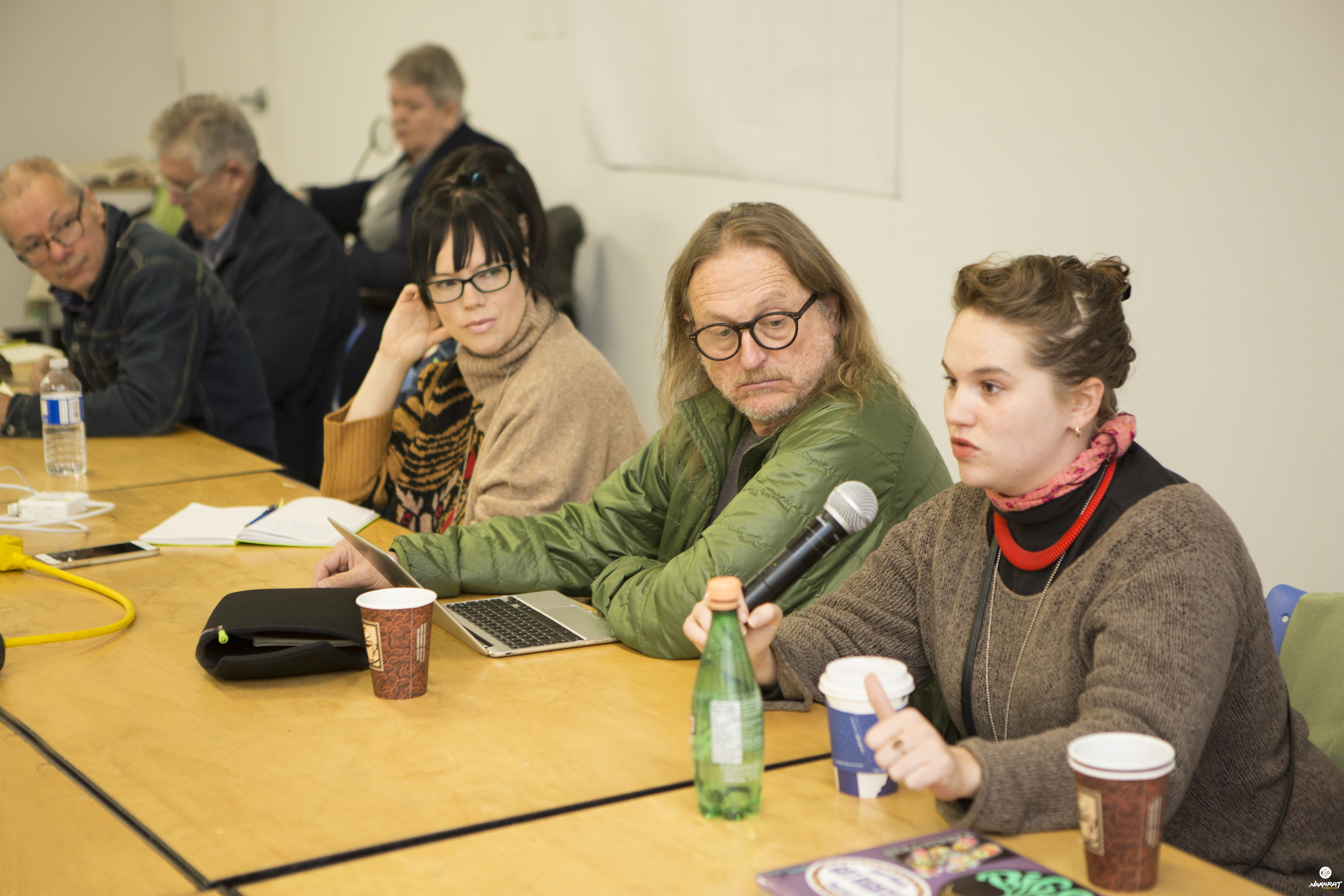About this project
The goal of the All Standards With Us project is to make the process of creating standards more accessible to disabled and Deaf people. When more people with disabilities and Deaf people get involved in the standards process, the goods and services we use in our daily lives become more accessible and inclusive. We’re focusing on how this is done within Standards Development Organizations (SDOs). Our vision is to remove accessibility barriers and ensure standards development processes that support a wide range of needs, so that people with disabilities are able to participate in mainstream standards development. The project follows the “nothing about us without us” principle by centring the experiences of disabled and Deaf people in the process of standards development.
What are standards?
Standards are agreed upon guidelines that affect the goods and services we use in our daily lives. They make sure goods and services are of good quality, consistent, reliable, efficient, and safe. For example, TV manufacturers are required by standards to include features such as inputs and resolution that are of a certain quality. Standards are often enforced through legislation so that goods and services work smoothly, safely and consistently. Learn more about what standards are.
How are standards made?
Who is involved?
A Standards Development Organization (SDO) brings together experts in a technical committee to create standards. These experts include consumers, people from industry, academia and government, and other community members who are interested in the subject matter.
What do they do?
Members of a technical committee work together to share their experiences and come to an agreement on what a standard should be. These standards are written down and published by SDOs so that they can be used by the public, governments, and industry. Standards are also regularly checked and improved, to make sure they are up to date as the world changes.
Working globally
Sometimes, SDOs can work internationally with other groups to make sure standards are similar across the world. Read more about it on the Standards Council of Canada website.
Why is it important for the standards process to be inclusive?
Standards define how everyday things are made. By considering accessibility when developing these standards, we can make everyday things easier for everyone to use. It’s especially important to involve people with disabilities and Deaf people in creating these standards. Their experiences and expertise can help us consider a broader range of needs and make sure that the standards support accessibility for everyone.
Project goals
Our project goals are to:
- Identify barriers that disabled and Deaf people and disability organizations find when trying to take part in the standards processes. We will do this through co-design, a literature review, and a jurisdictional scan
- Create guidelines on how to make the standards development process more inclusive to disabled and Deaf people, and pilot them with Standards Development Organizations.
- Create capacity building resources for disability organizations and people with disabilities who want to take part in the standards development process.
Co-researchers and Partners
Sal Amenta - Past Chair, Accessible Housing Network
Tara Connolly - Assistant Director for Research and Development, Accessibility Institute
Isai Estey - Community member, L’Arche Canada
Francis Fung - National Manager Rehabilitation and Clinical Services, March of Dimes Canada
Uttara Ghodke - Inclusive Designer, Inclusive Design Research Centre
Kathy Howery - President, International Society for Augmentative and Alternative Communication Canada
Henrietta Igloliorte - Community member, New Society Institute
Max Le Moine - Community member, Accessibility Institute
Cheryl Li - Senior Inclusive Designer, Inclusive Design Research Centre
Jasmin Macarios - Community member, Accessibility Institute
David Meyers - Senior Manager of Independent Living Programs, Centre for Independent Living Toronto
Eddy Morten - Community member, Wavefront Centre for Communication Accessibility
Erick Nettel - Manager of Online Services, New Society Institute
Kelly Newell - Community member, March of Dimes Canada
Wendy Porch - Executive Director, Centre for Independent Living Toronto
Doris Rajan - Managing Director, New Society Institute
Sepideh Shahi - Senior Inclusive Designer, Inclusive Design Research Centre
Audreanne Soenens - Community member, L’Arche Canada
Lori Vaanholt - National Vice-Executive Director - Innovation & Impact, L’Arche Canada
Heather Walkus - Chairperson, Council of Canadians with Disabilities
Dr. Ruth Warick - Director Programs and Services, Wavefront Centre for Communication Accessibility
Ian White - President CCB Toronto Visionaries Chapter, Canadian Council of the Blind
Funders
Funded by Accessibility Standards Canada / the Government of Canada.

